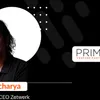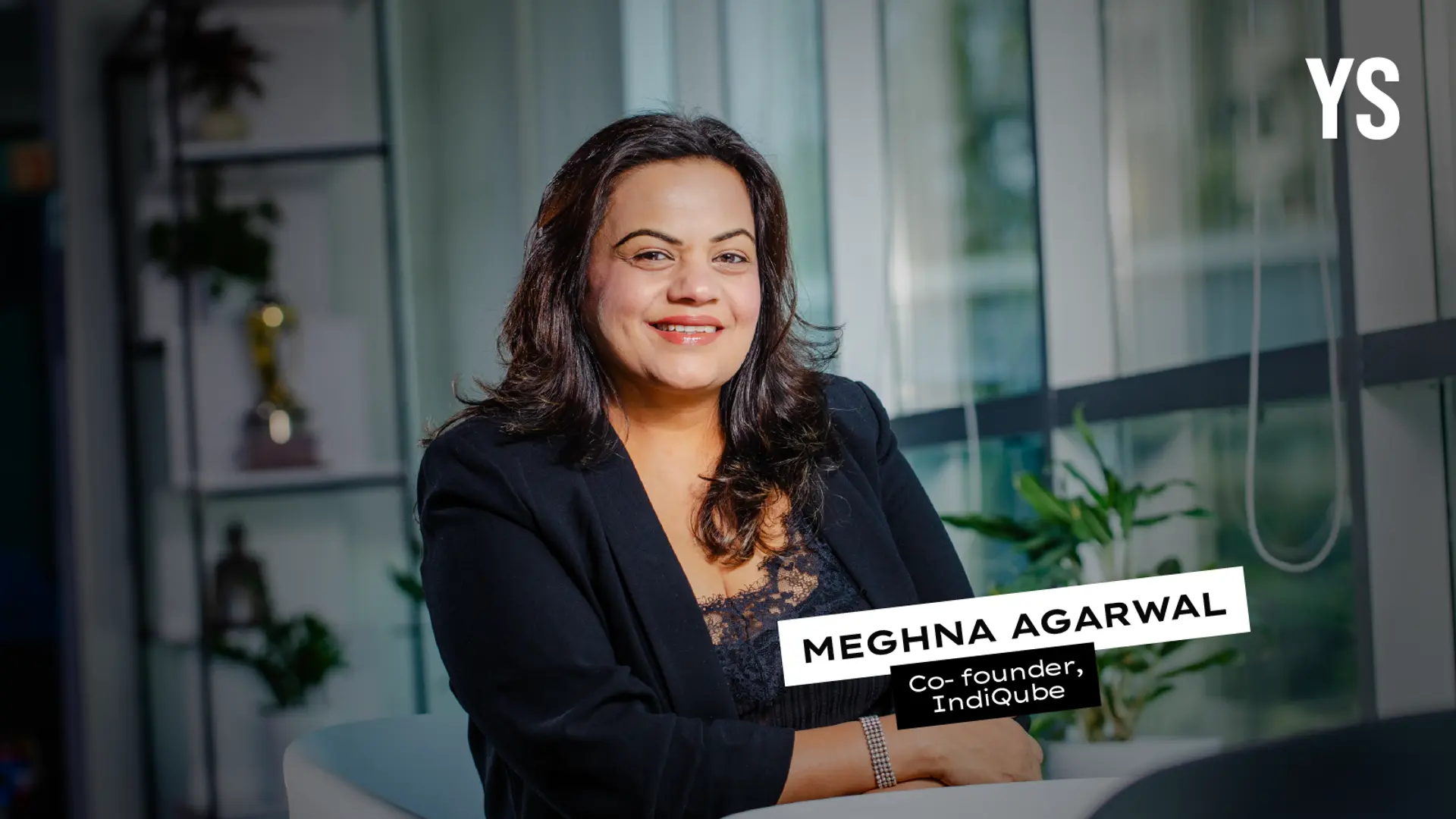Prashant Pitti and EaseMyTrip: Making the most of the late-mover’s advantage
In this episode of Prime Venture Partners’ Podcast, Prashant Pitti, Co-founder of EaseMyTrip, shares insider secrets from his journey of building India’s second largest travel portal.
Prashant Pitti, Co-founder of , believes in treading off the beaten track. So, while other online travel aggregators are busy chasing the first-mover advantage, he reaps the benefits of being a late mover.
Starting his entrepreneurial stint with a travel agency in 2007, he’s built one of India’s top travel booking platforms through his focus on consistency and efficiency.
In 2008, Prashant Pitti launched EaseMyTrip with his brothers, Nishant and Rikant Pitti, as a B2B tech business that helped travel agents book flight tickets for their customers. In its journey of more than a decade, EaseMyTrip has transitioned into a predominantly B2C company.
While Prashant and his co-founders have achieved many milestones, the most significant one is their recent entry into the IPO phase.
“So the growth curve which we have is actually very different compared to other VC-funded companies, to say the least, which is, in the beginning, our growth was very little on a smaller base, while our growth started really, really well even on the higher base. And primarily the credit would go to offering our services consistently, and not charging convenience fees to consumers in the beginning,” Prashant says.
Revisiting modest beginnings
Born in a quintessential Indian middle-class family, Prashant worked as an accountant for his father, who was a coal trader, since he was in Class 6. That meant he knew how much money his father made, and realised it was fairly humble.
But things took a turn for the better when Prashant graduated from IIT Madras and moved to the US. He worked at Capital One and HSBC before returning to India in 2007 to join his brothers, who had already started a small travel agency.
Doing things differently
Venturing into a heavily commoditised market like travel meant that Prashant didn’t have the opportunity for market creation. Established giants had already done that. So, instead of trying to compete with them, he focused on standing out from the crowd.
After operating EaseMyTrip as a B2B company from 2008 to 2011, Prashant saw an opportunity when he realised that most OTAs were charging convenience fees. He pivoted EaseMyTrip to a B2C model by letting internet users directly make travel bookings. What distinguished his company was that there were no additional convenience fees.
“So, over a period of time, the company pivoted from a B2B company to a B2C one. And that was primarily one of the reasons why we were able to do whatever we were able to do without much funding because we didn't start fighting the big guys from the very first,” he says.
Prashant and his co-founders prioritised operational efficiency and lean operations. They’ve worked hard to create a company culture where efficiency is ingrained into their organisation’s DNA.
They also focused on building a loyal team that shares their vision. Instead of hiring top graduates from IITs and IIMs, EaseMyTrip focuses more on internal promotions. Freshers join as call centre employees before being promoted to senior roles, and receive on-the-job training to hone their skills.
“We believe that people really, really crave autonomy. And if you give them that autonomy to perform, to do well in their lives, to do well in their careers…if you can delegate a lot of work to them and give them the responsibility, they usually live up to it,” Prashant says.
A word for aspiring entrepreneurs
Drawing from his lessons as a founder, Prashant has a few words of wisdom. He advises budding entrepreneurs to build an appetite for risk-taking and experimentation. When done right, entrepreneurship is one of the most liberating journeys.
“If you're making 10 decisions, it's okay to falter in three or four of them because each of them combined is not going to cost you as much as the positives that you're going to get from the remaining six or seven decisions,” Prashant says.
To know more, listen to the podcast here
Time stamps:
01:00 - My margin is my opportunity
13:30 - Network effects and late-mover advantage
23:00 - From risk aversion to bias towards action
33:00 - Better curious than cautious
Edited by Teja Lele






![[Startup Bharat] Patna-based Hanuman is working to ensure emergency healthcare reaches patients in time](https://images.yourstory.com/cs/2/b094ec506da611eab285b7ee8106293d/imageonline-co-logoadded25-1618384894963.jpg?mode=crop&crop=faces&ar=1%3A1&format=auto&w=1920&q=75)

